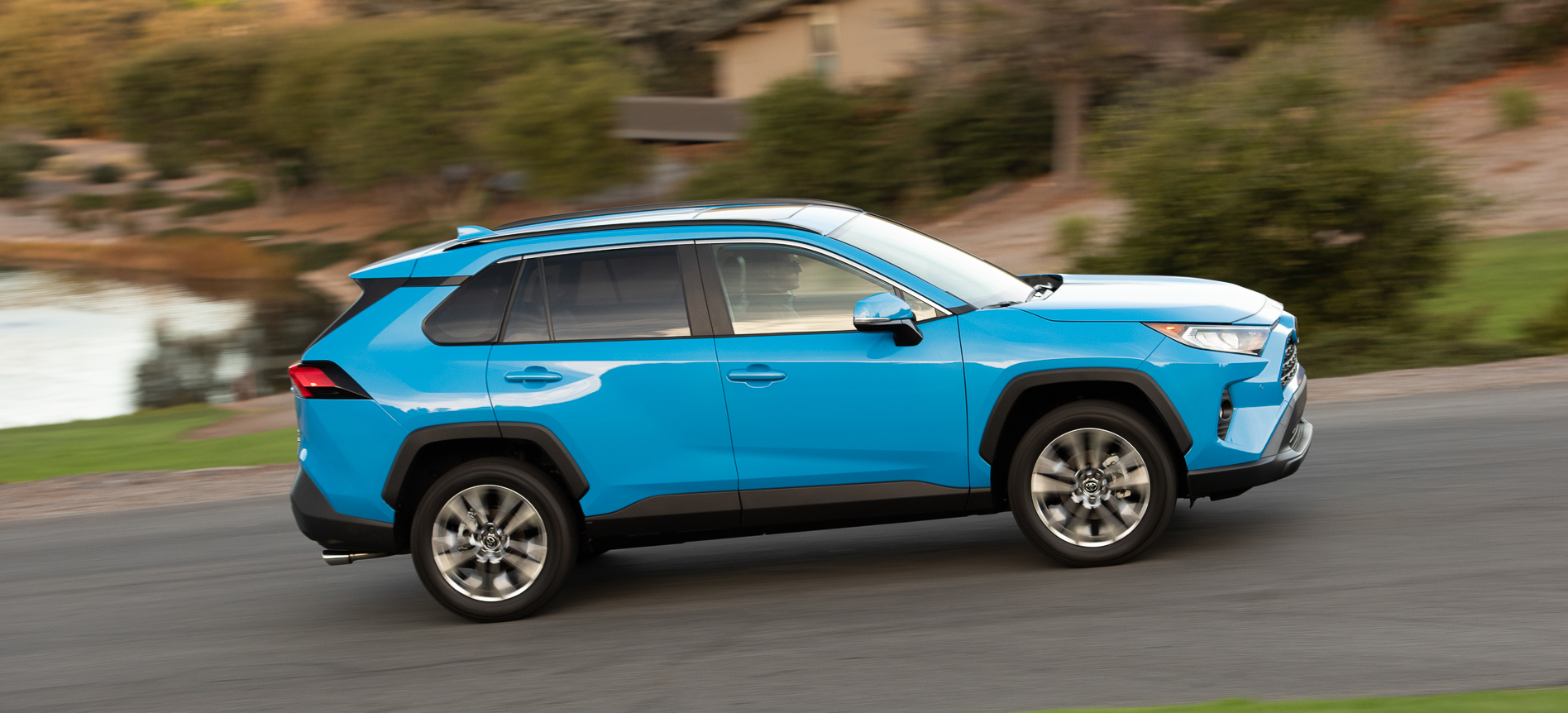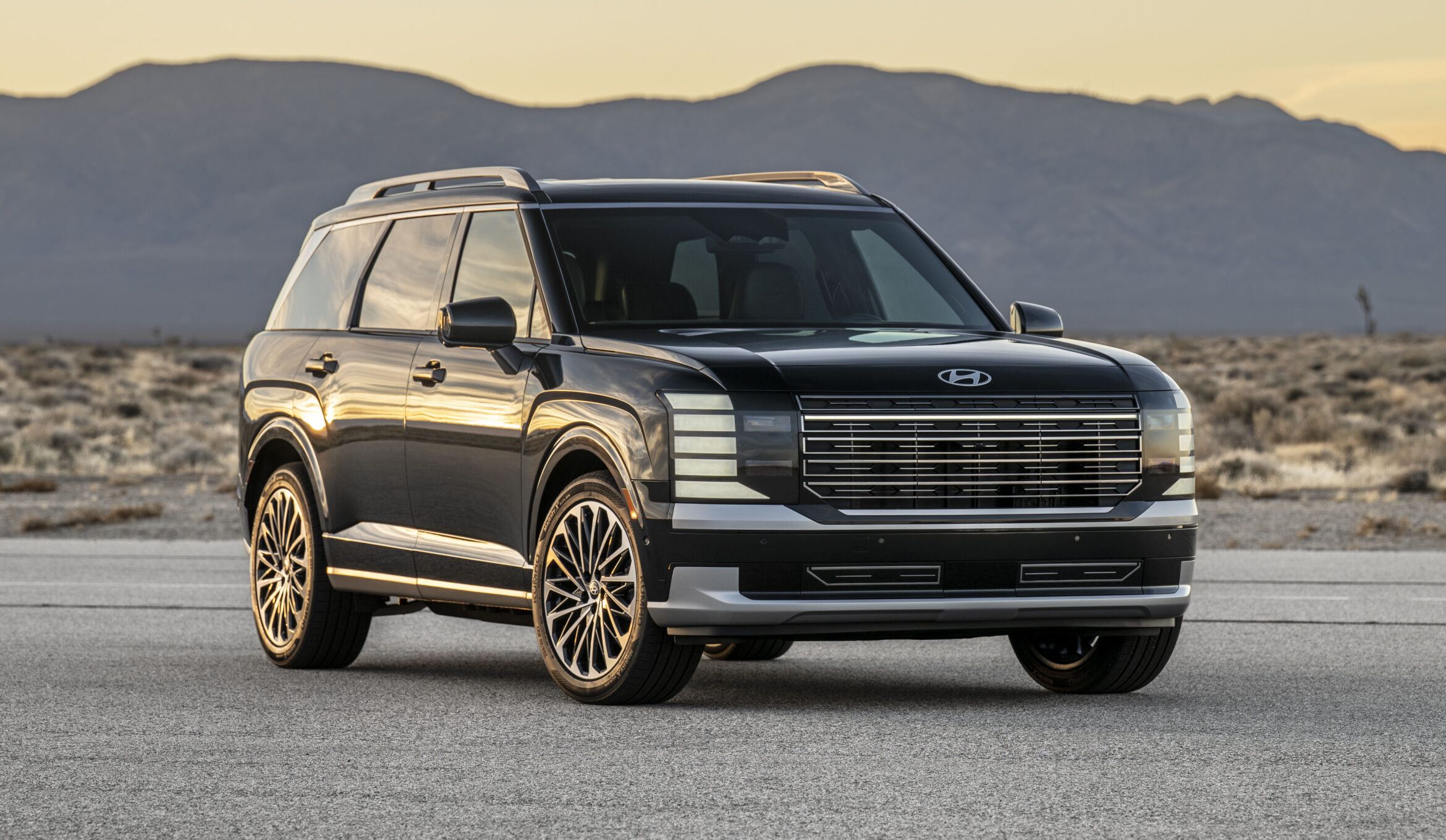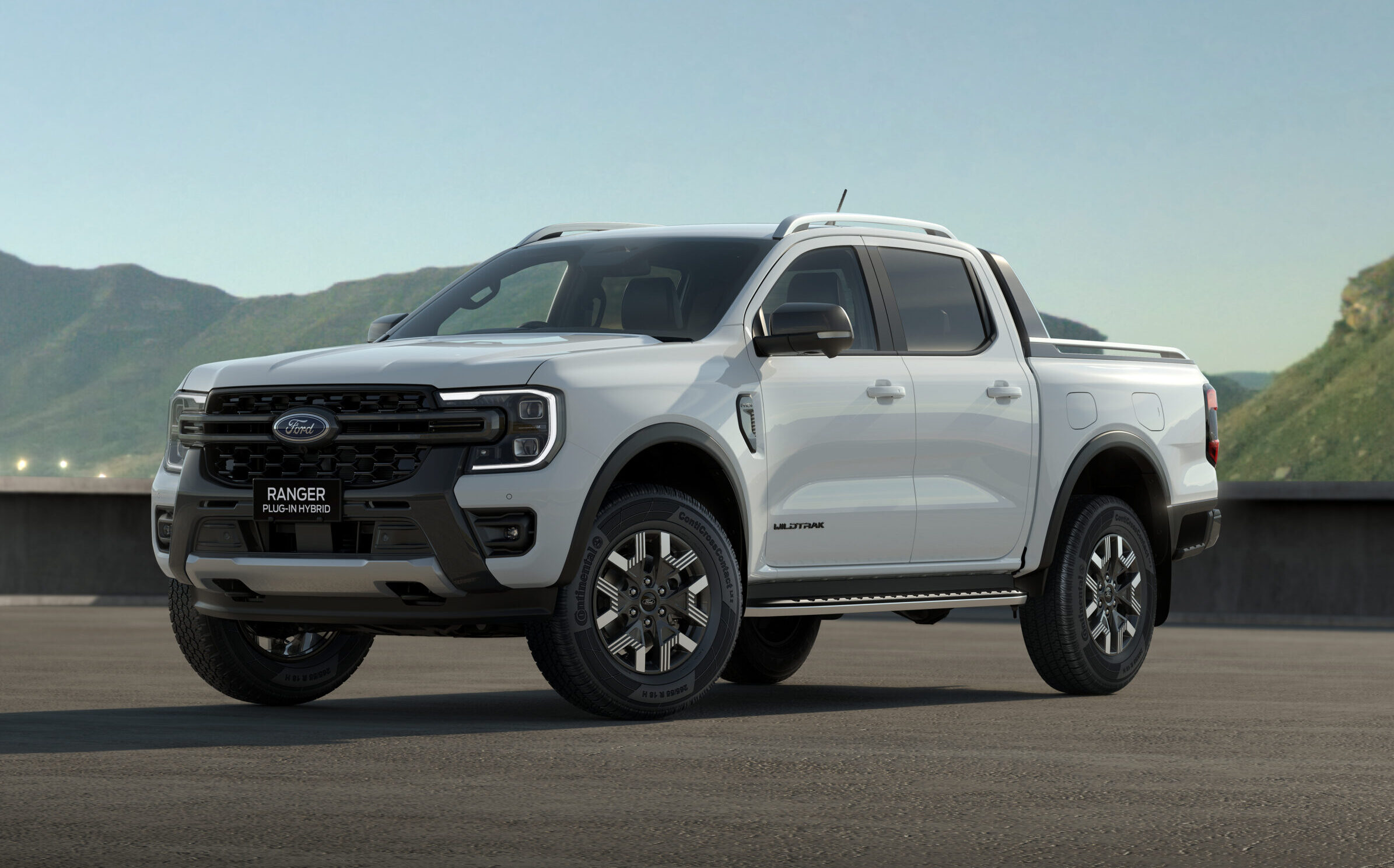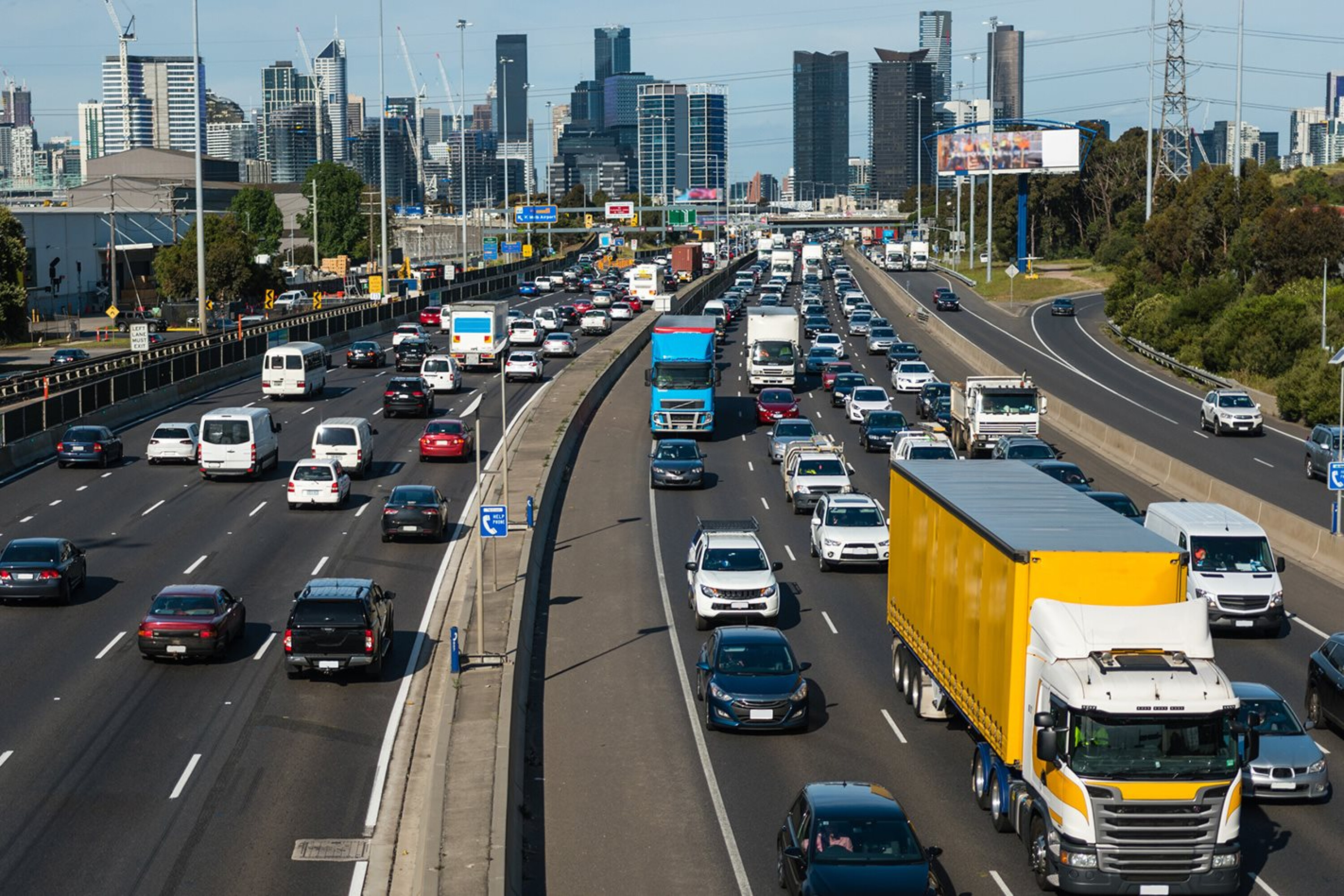
Traffic. The age-old issue affecting our roads, only briefly reduced by widened freeways, new toll roads and badly needed bypasses, until even those fill up with bumper-to-bumper headaches.
Australian governments are considering a new solution, however, borrowed from countries and cities already using it: congestion pricing. That is, charging motorists a toll for driving through congestion hotspots, differing in value at certain times of the day.
The claimed benefits to a congestion charge include reduced travel times, less gridlock, improved air quality and better roads. Sounds great. What’s the cost?
Congestion charges are used in other cities to discourage unnecessary travel through areas that are known to become congested quickly, and promotes the use of public transport, with the ultimate goal of reducing the amount of vehicles on these troubled roadways.
Heavy traffic in these areas, despite upgraded roadways and planning, comes down to a simple point: whether through poorly planned infrastructure or time constraints or mere preference, there are now too many cars on the road to allow free-flowing movement.
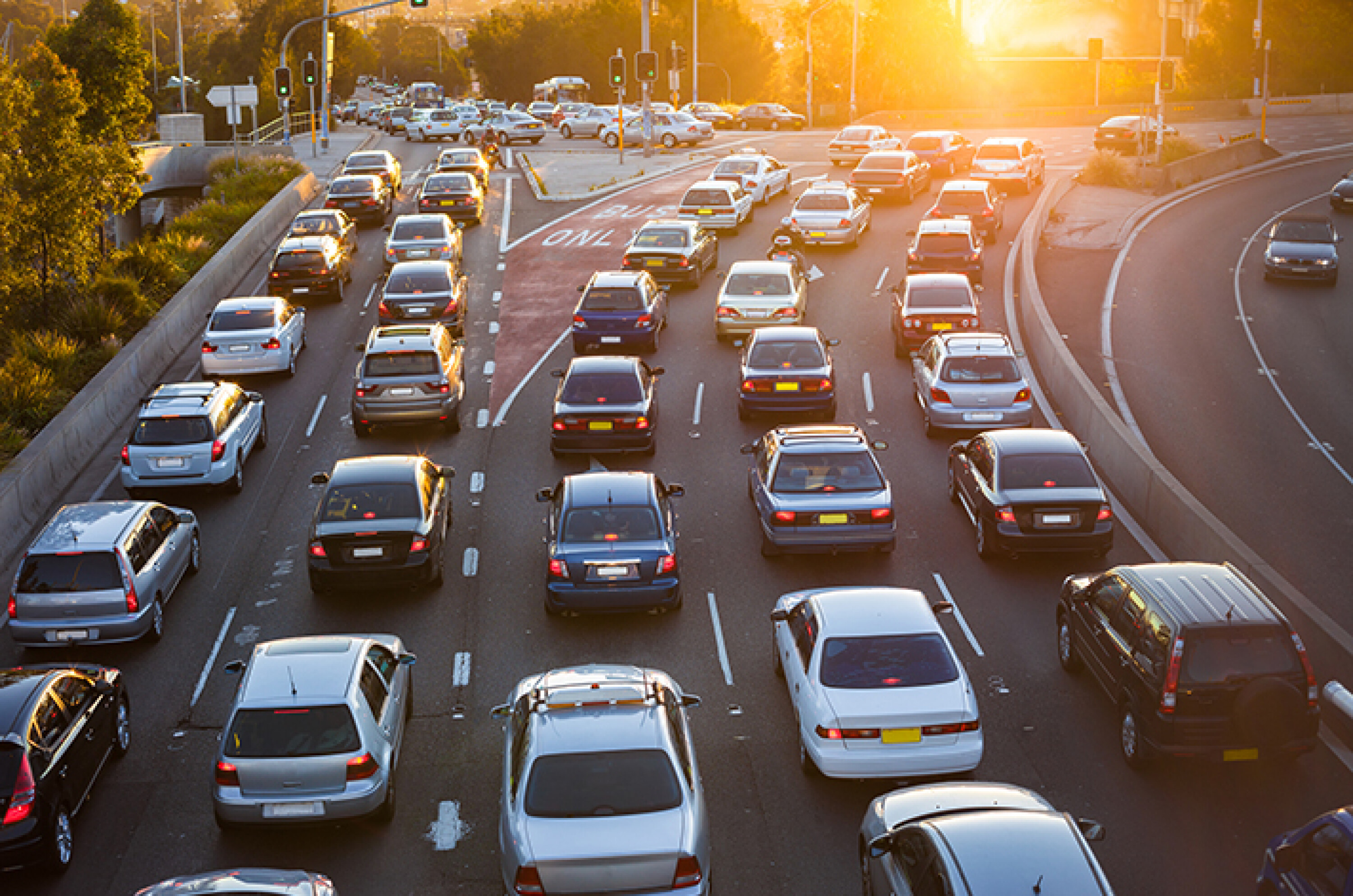
Congestion pricing is similar to a motorway toll, except the driver pays to drive through a specific district, rather than a particular road or motorway. The fees are intended to make the route unattractive to all who don’t specifically need to be in that area.
“It may also help to improve air quality, promote the use of public transport, and generate funds for infrastructure improvements,” says Dr Christopher Standen, a research fellow in applied urban development at the School of Population Health, UNSW Medicine & Health.
Dr Standen says cities like London, Stockholm and Singapore have benefited greatly from congestion pricing.
The pricing would need to be determined carefully, as the charges could be prohibitive for lower-income families and pensioners, which opens another can of worms.
Previous suggestions indicated an estimated fee of 5 cents per kilometre, during peak times – but it could also serve to partner any new charges with a reduction in the fuel excise, which would both minimise the financial impact on motorists and acknowledge the growing number of EVs on the road.
Marion Terrill of the Grattan Institute said a ‘user pays’ system makes sense.
“In the end, if particular roads are in high demand, it’s fairer that people who use them a lot pay more than those who rarely or never use them”.
Grattan Institute’s report also outlined that “the charges would mainly be paid by higher-income drivers, because people who drive to the city each day for work are more than twice as likely to earn a six-figure salary as other workers.”
According to the Federal Chamber of Automotive Industries (FCAI), these charges and new schemes could actually benefit the wallets of Australian drivers.
The FCAI recently proposed a set of plans known as the Road User Charging (RUC), effectively abolishing the usual registration and taxes that come with buying and using a car.
Instead, drivers are charged according to the locations visited and distances travelled, by tracking and monitoring vehicles individually. If you drive less, you pay less, which would greatly benefit those who have a seldom-used “sometimes” car sitting in the garage most of the year.
Road-use charges relating to EVs have been discussed in the past, based on the notion that road maintenance and new infrastructure costs are losing funds that would otherwise have come from those motorists paying the fuel excise.
It has been noted, however, that these costs are actually drawn from the broader tax pool, which EV owners contribute to through higher purchase prices and the related stamp duty that goes with it.
But, as EVs become more affordable over time, the case for lower fuel prices and a general user-pays approach to driving becomes stronger.


